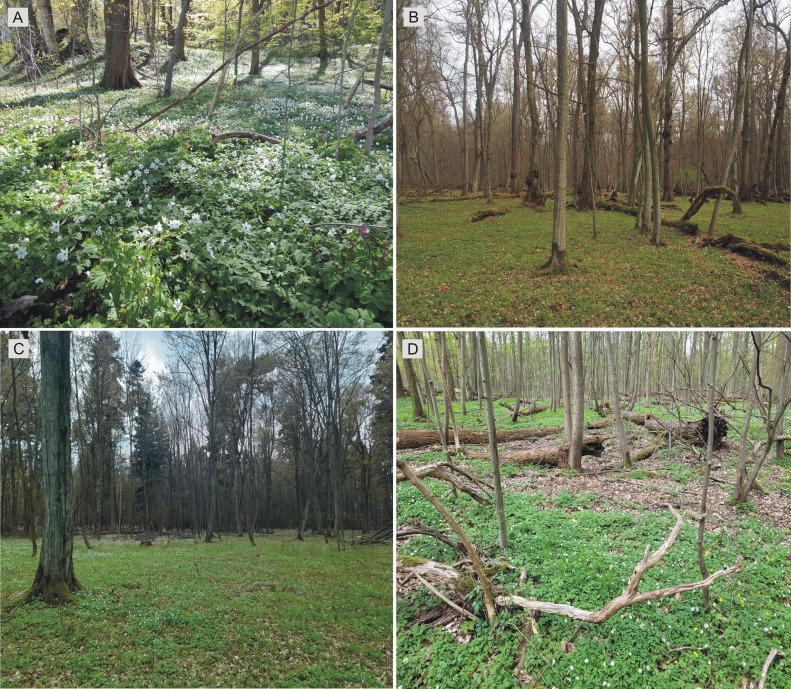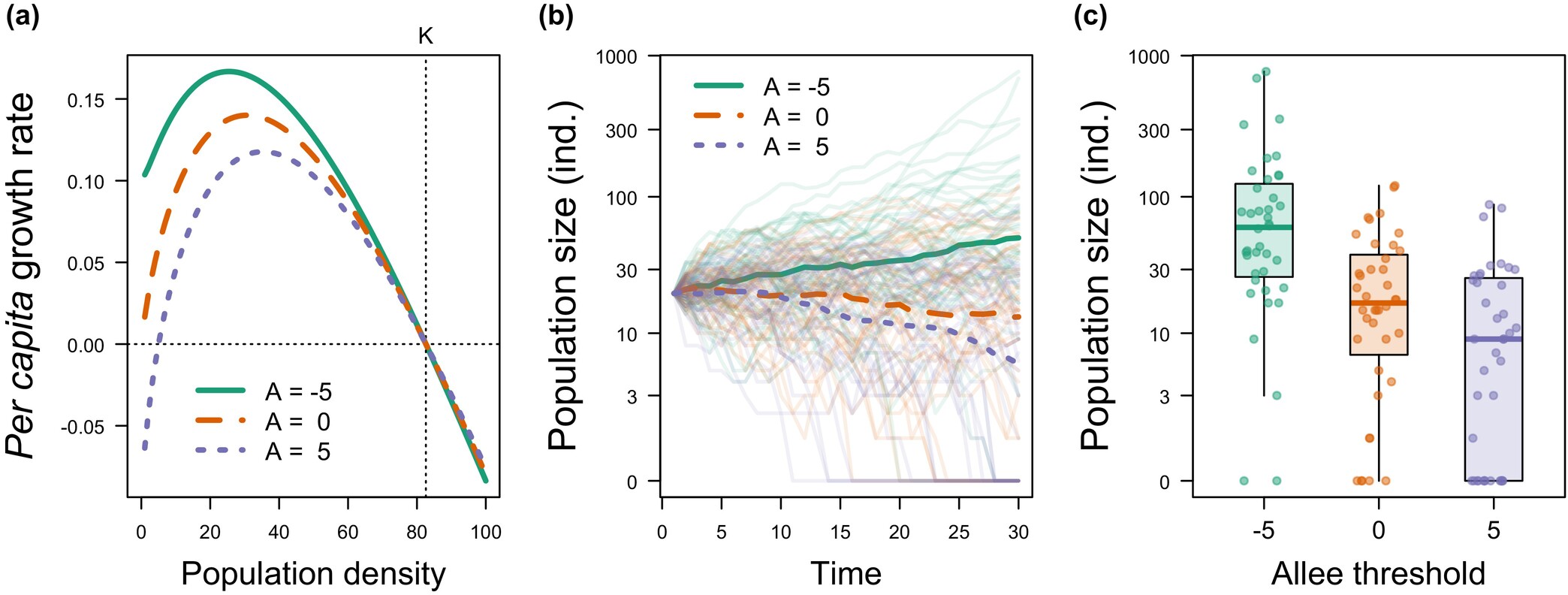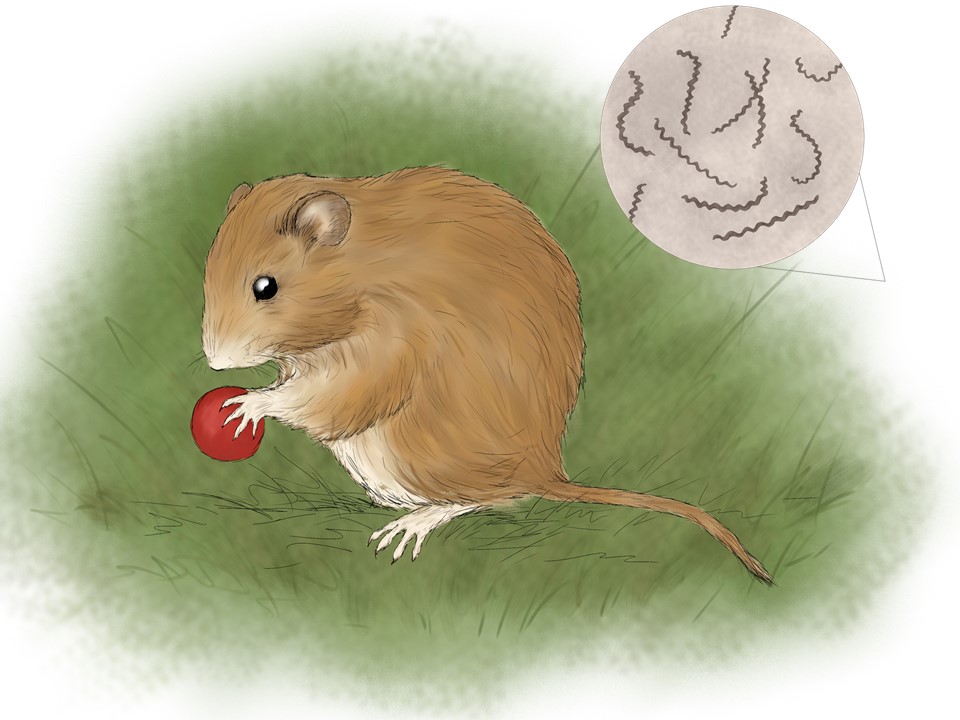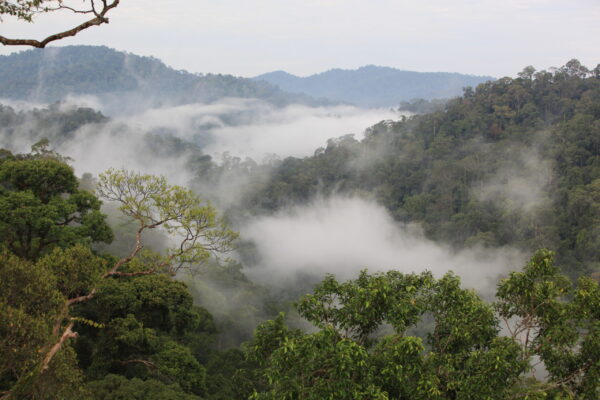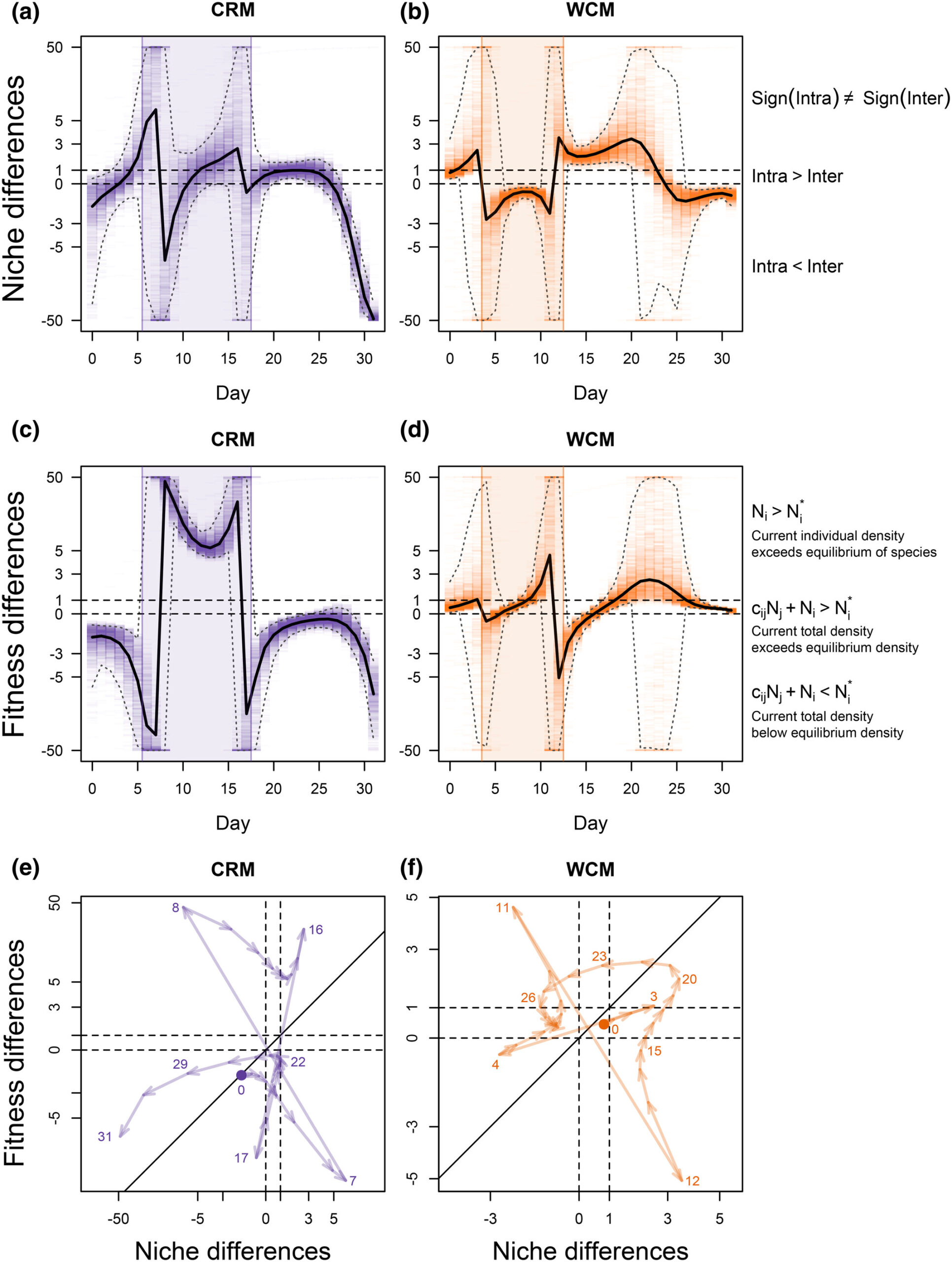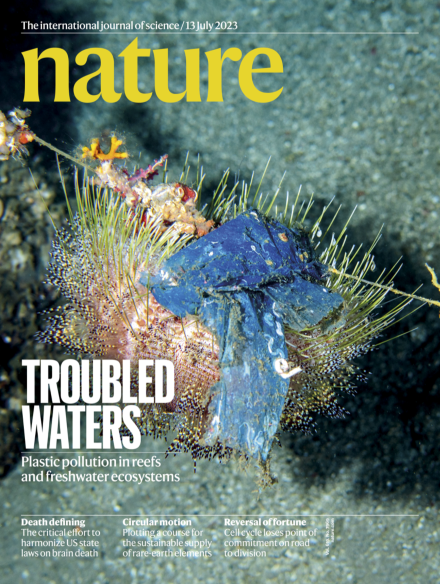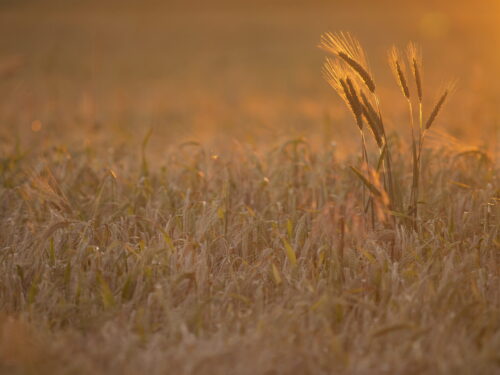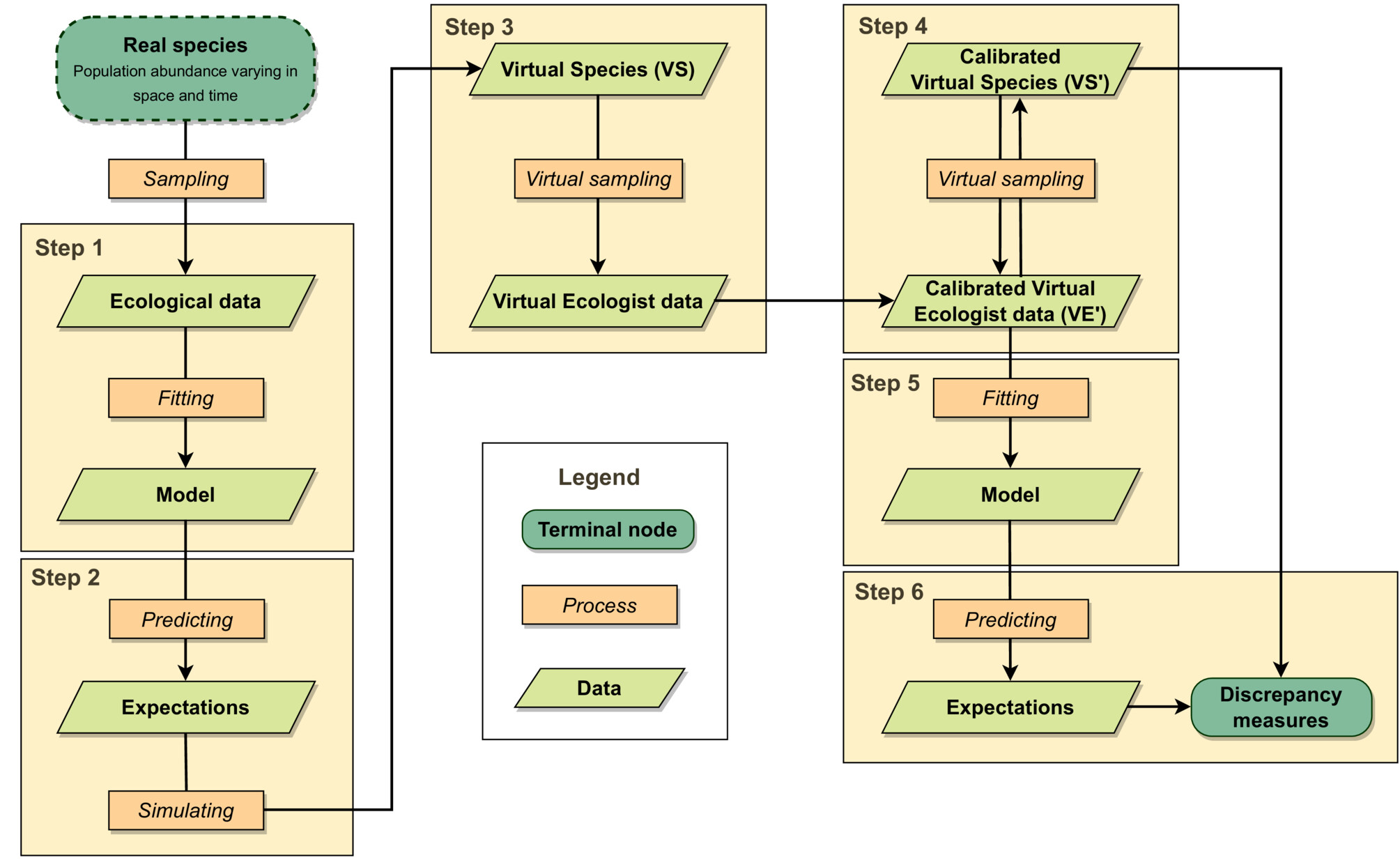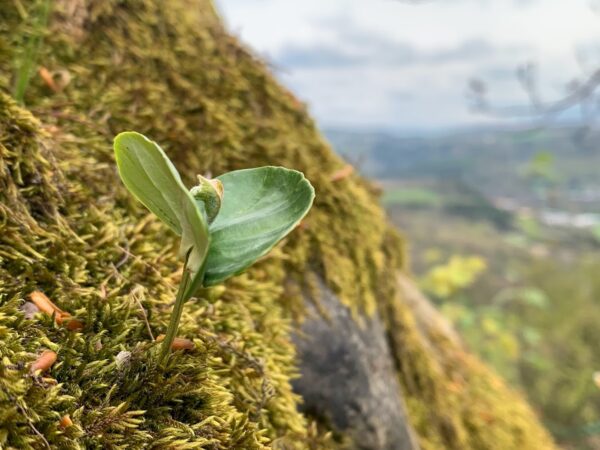Publication in Ecological Indicators
An article co-authored by Zbigniew Celka has been published in the journal Ecological Indicators, focusing on indicator species in three forest types of Poland (Tilio-Carpinetum, Galio-Carpinetum, and Stellario-Carpinetum). The study revealed both new species that currently best characterize the described associations and a significant group of mosses with strong bioindication potential. Link to the paper: https://doi.org/10.1016/j.ecolind.2025.113339

